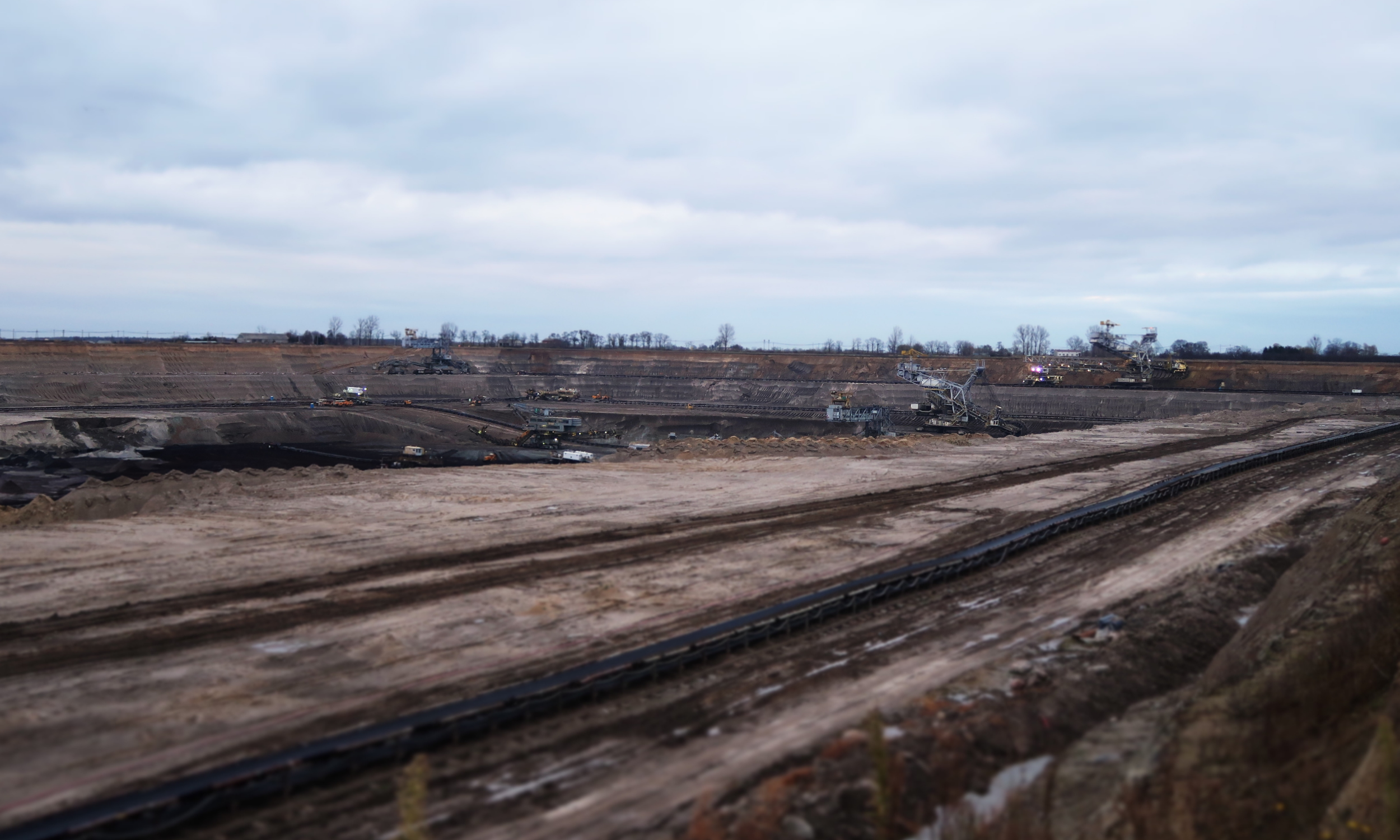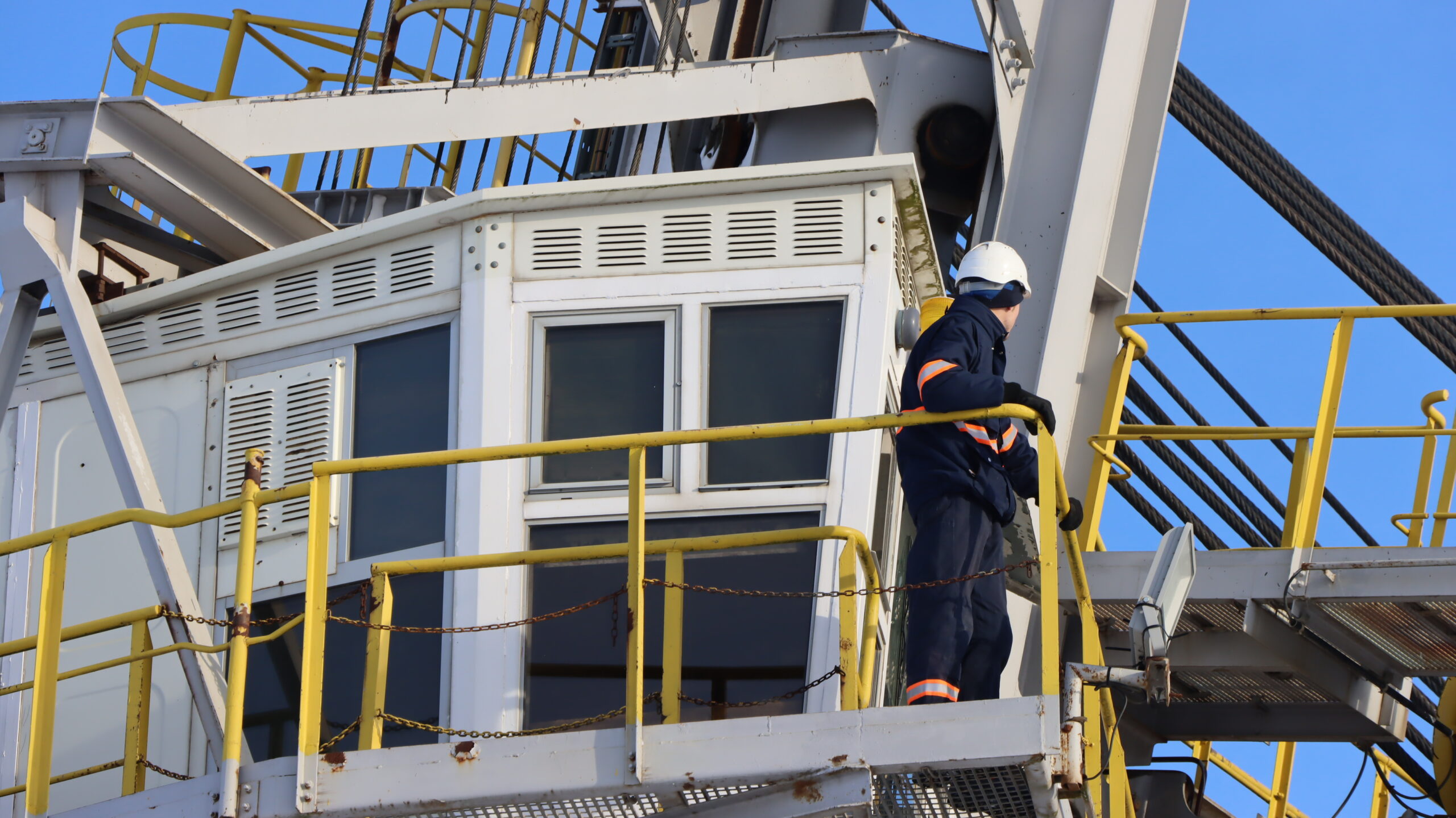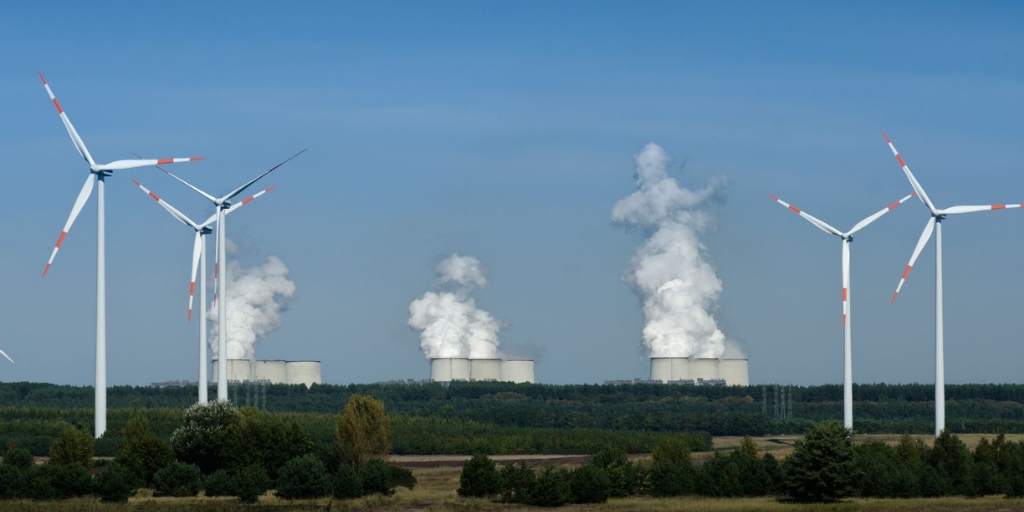Europe has ambitions to become a global leader in the fight against climate breakdown. Transforming the continent’s energy systems and shifting towards climate-friendly alternatives requires massive investments, especially in central and eastern Europe, where outdated infrastructure and a reliance on fossil fuels persists.
The good news is that the EU has the financial means to fund this transformation. The challenge is ensuring that the investments of today are geared towards addressing the climate crisis and Europe’s declining state of nature.
We know that when people have a voice in investment decisions, the results speak for themselves: more acceptance and ownership of spending and a greater chance that harmful and wasteful projects are avoided.
We work to ensure that EU financial flows address the climate crisis and do no harm to people and nature. We do this by involving the public in the design and spending of EU investments.
IN FOCUS
Just transition
Countries across central and eastern Europe are committing to quit coal and shale oil. Now the task is to ensure that the just transition is driven from the bottom up and leaves no one behind as we move towards a sustainable energy future.

Building back biodiversity
Threats facing biodiversity are increasing alongside the drivers of the climate crisis. But investments in climate protection should not come at the expense of those that can help biodiversity. The two crises of climate and biodiversity are interconnected and both must be tackled together, because only by investing in nature can we tackle climate change.

RegENERate: Mobilising Regions for Energetic Re-development and Transformative NECPs
The overall objective of the project is to support the CEE countries’ contribution to the EU efforts towards a net-zero emissions future. The project will contribute to more ambitious and effective climate and energy policies in CEE, backed by a long-term commitment to phase out fossil fuels, improve energy efficiency and promote renewable energy.

RePower the Regions: Ambitious and inclusive clean energy plans for repowering the just transition regions
The participation and leadership of carbon-intensive regions in transitioning to clean energy solutions are prerequisites for achieving EU climate neutrality by 2050. Building on this premise, RePower the Regions aims to ensure that the regions’ clean energy plans are aligned with EU 2030 climate goals and have strong support locally, and to provide practical guidelines and roadmaps on how to repower the regions.

Latest news
Urgent call for central and eastern European countries to raise their NECP climate ambitions
Press release | 27 June, 2024With the deadline (30 June) for EU Member States to submit their national energy and climate plans (NECPs) fast approaching, concerns are growing that CEE countries are not showing the ambition needed to meet their 2030 climate and energy targets.
Read moreEnvironmental groups slate EU plans to weaken nature safeguards in the Western Balkans, Ukraine, Moldova and Georgia
Press release | 25 June, 2024The European Commission must revise ill-advised plans to undermine nature protection rules for renewable energy projects – including hydropower and biomass – under the Energy Community Treaty (1), 40 civil society organisations today underlined in a joint letter.
Read morePoor planning by the European Investment Bank puts at risk one of the largest wind energy projects in the Western Balkans
Blog entry | 19 June, 2024Following concerns from local people, the Aarhus Centre in Sarajevo and CEE Bankwatch Network have started legal actions on the lack of environmental impact assessment and appropriate assessment for the 132 MW Poklečani wind project in Bosnia and Herzegovina (BiH). Hasty decisions by the Federation of BiH authorities and European Investment Bank might end up delaying the project for years.
Read moreRelated publications
Barriers and project criteria for the Upper Nitra region transition process
Briefing | 5 March, 2019 | Download PDFThis study serves as an invitation and starting point for further discussions and collaboration on just transition in the Upper Nitra region of Slovakia. A just transformation means that while transitioning from coal, the projects of big corporations w
Towards a just transition for the Upper Nitra region
Briefing | 24 January, 2019 | Download PDFPriatelia ZEME – CEPA and CEE Bankwatch are today launching a set of recommendations to feed into the Just Transition debate taking place in Upper Nitra and at the national level in Slovakia. The recommendations come in a context when Just Transition i
New jobs in the process of transformation of the Upper Nitra region (in Slovak)
Study | 24 January, 2019 | Download PDFThis paper focuses on a brief outline of concrete steps to turn Upper Nitra towards a low carbon future. In particular, it is to stop further public subsidies to fossil energy – especially lignite mining and burning – and urgently redirect public funds

